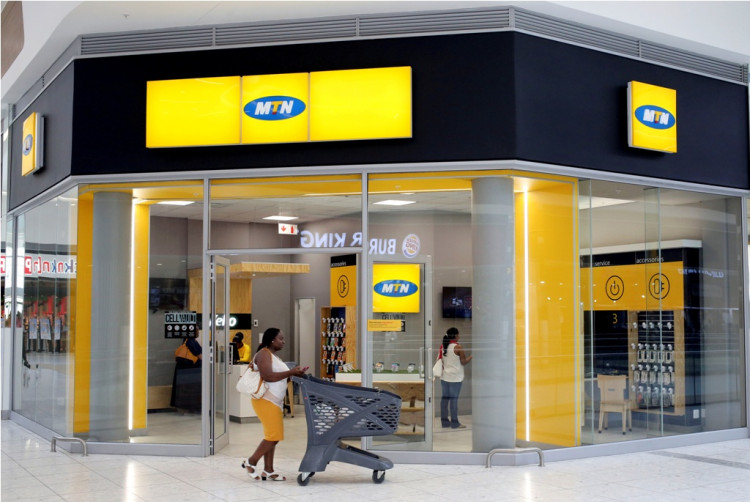South African business owners have started swarming into the small island of Mauritius as tourists exceeding the island's total population attract entrepreneurs. Experts say the country has racked up multiple "firsts" in the business world, further enticing investors and interested business leaders.
The Business Exchange Founder, David Seinker, wrote in his op-ed for Entrepreneur that Mauritius has several recognitions to its name that make it a viable business environment for South Africans and other nationalities.
The global achievements Mauritius attained include a spot on the Global Competitiveness Index from 2017 to 2018, a comfortable place in the Forbes Survey of Best Countries for Business in 2017, and the Fraser Institute's Economic Freedom of the World title, also in 2017.
The local government of Mauritius is committed to encouraging foreign investments through policies that attract global companies. The East African country offers a business environment with no estate duties, no interests or royalties, and many other "no" policies that entrepreneurs will find advantageous.
Due to its many business offers, the island of 1.3 million residents easily made it to the first spot in Africa on the World Bank's Ease of Doing Business Report. It is also among the African countries recognized for economic stability.
So far, many South African businesses have set up shop in Mauritius. Investors from the United Kingdom, France, and India have also started betting their money on the African country.
Unlike some African states, Mauritius is also famous for its stable political environment. For many business owners and investors, political stability is a key aspect when establishing a business overseas.
Analysts noted that the island is a suitable location for businesses revolving around tourism. Over the last few years, tourist figures have reached over 1.4 million - exceeding the country's population.
Earlier this month, the government of Mauritius discussed how to further improve the business environment on the island. Among the initiatives proposed were effective employment management and resolving skill mismatch issues.
Other proposals focused on streamlining the country's importation of foreign workers, promotion of a digitized economy, and increasing the number of training facilities and programs for local workers.
Mauritian Prime Minister Pravind Jugnauth reiterated that the island will continue to prioritize improvements in the business community. He added that small and medium enterprises (SMEs) will be assisted to help boost the economy and strengthen business operations in the country.
Mauritius currently has an average economic growth rate of four percent despite its small population. Tourism, finance, ICT, and industrial sectors have driven growth in the economy over the last decade.




